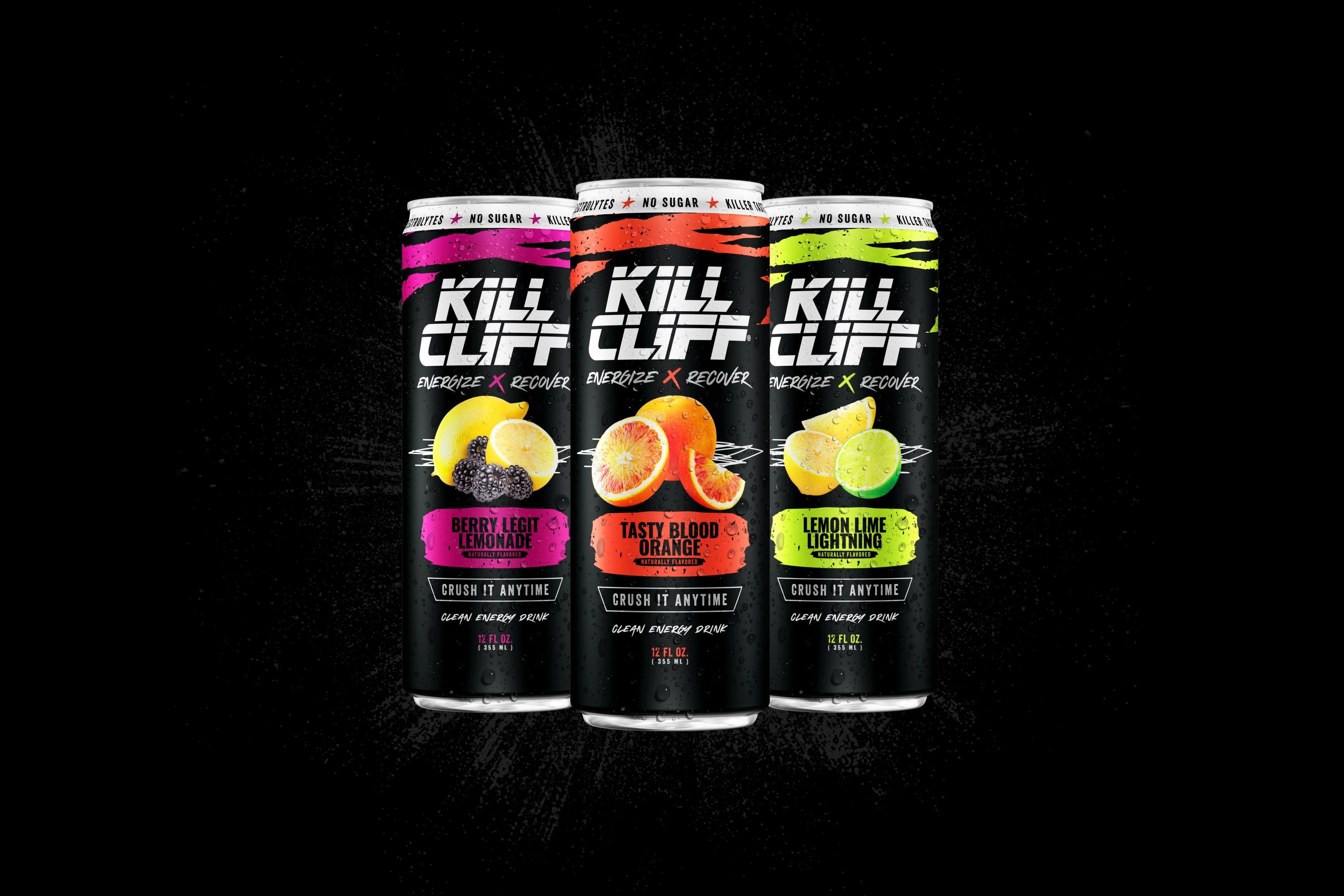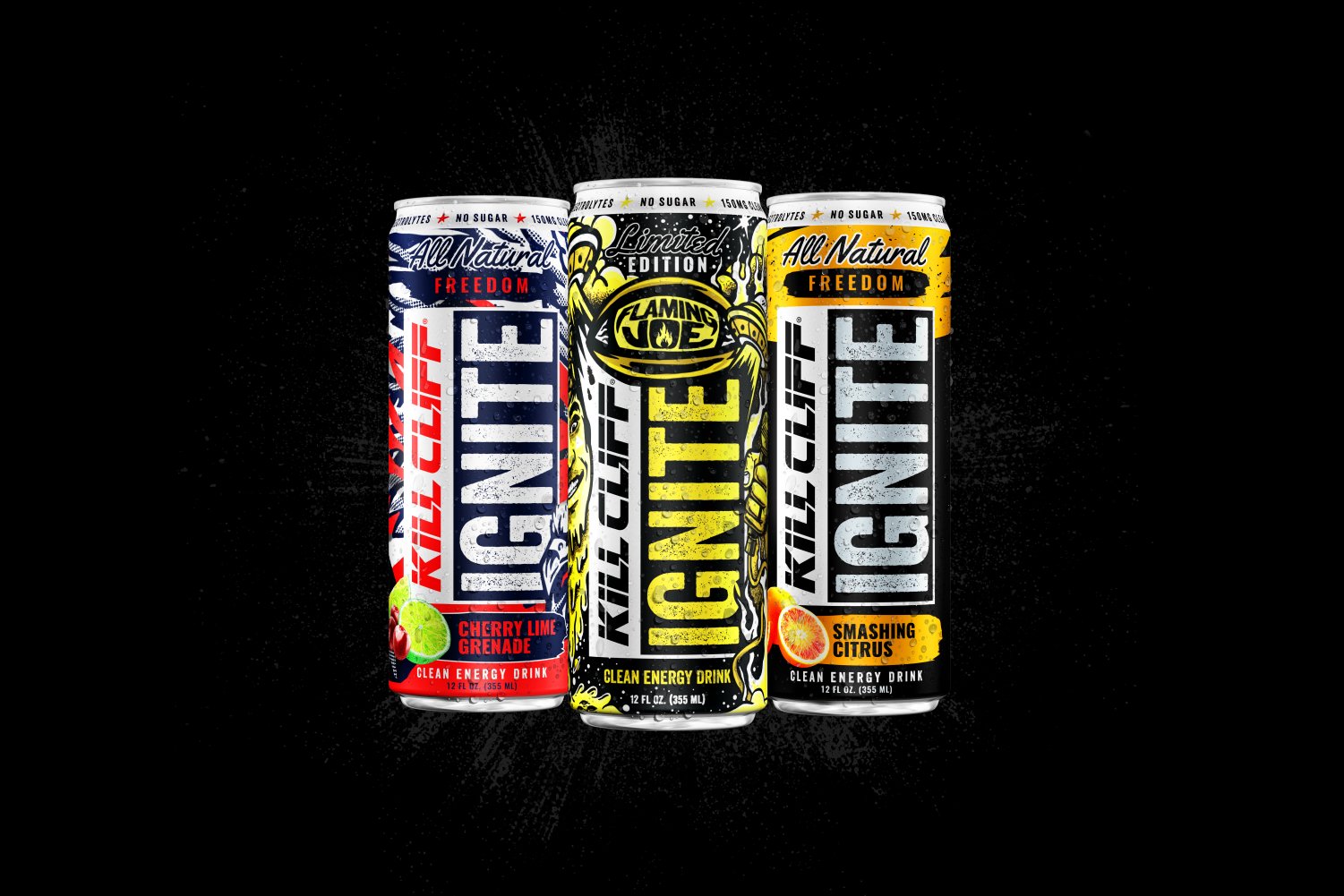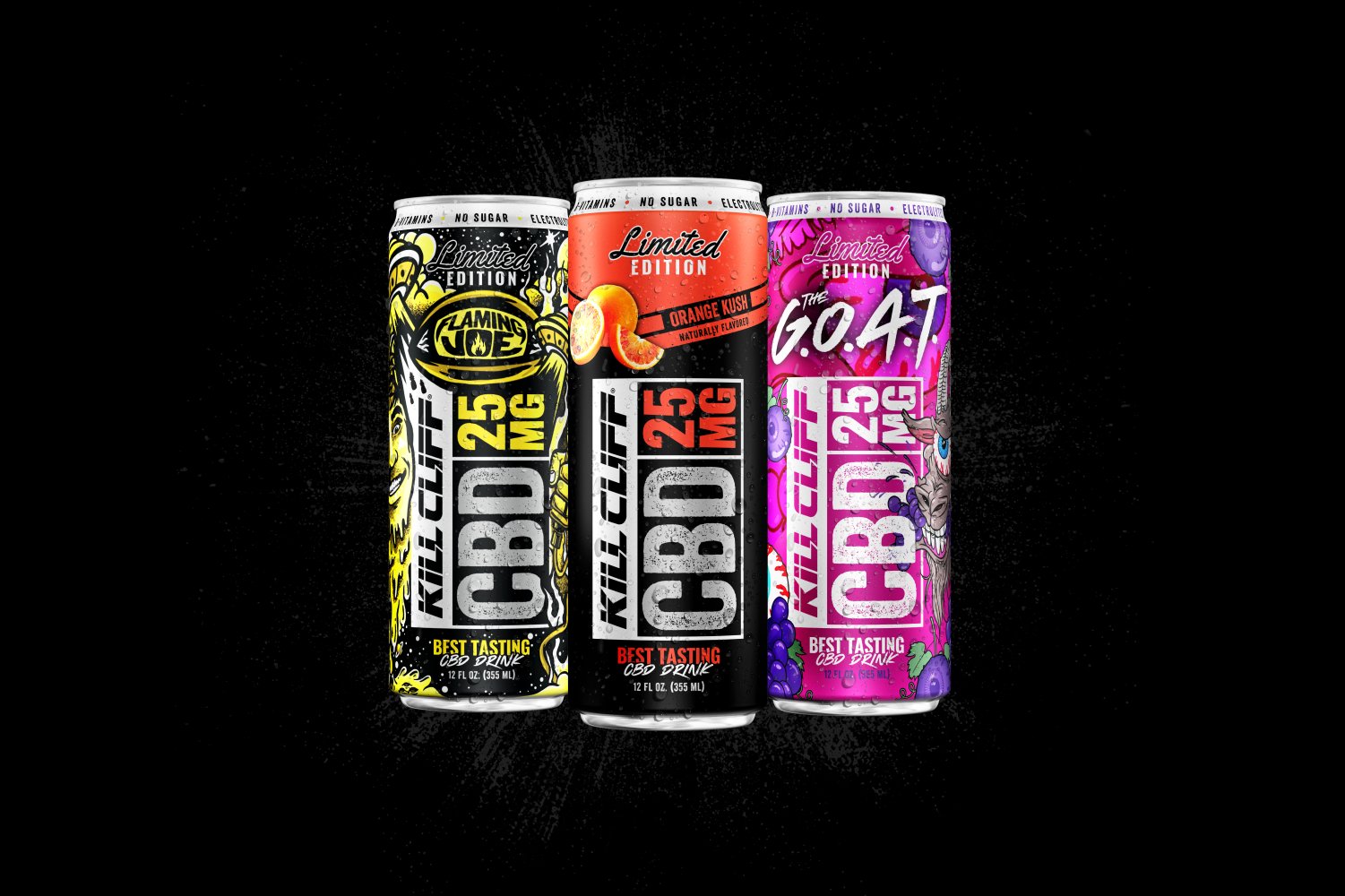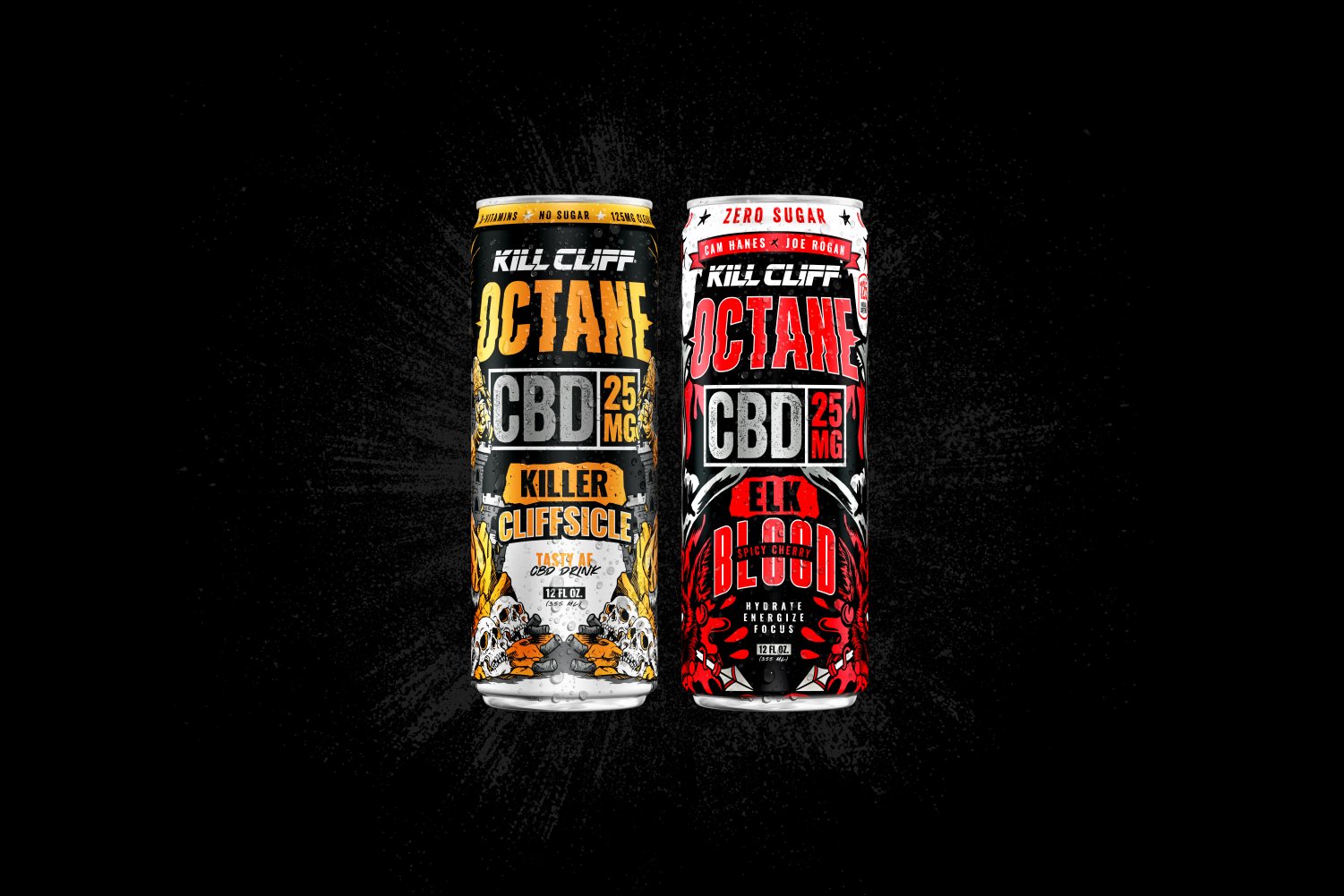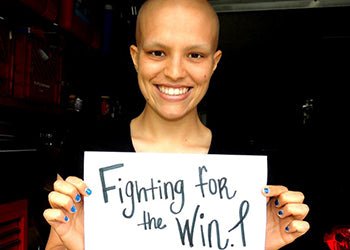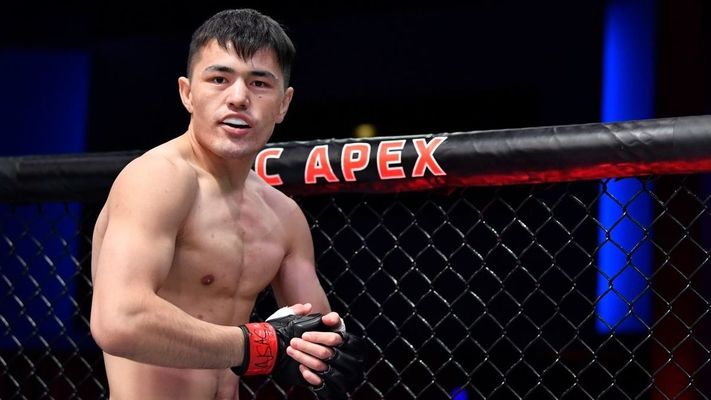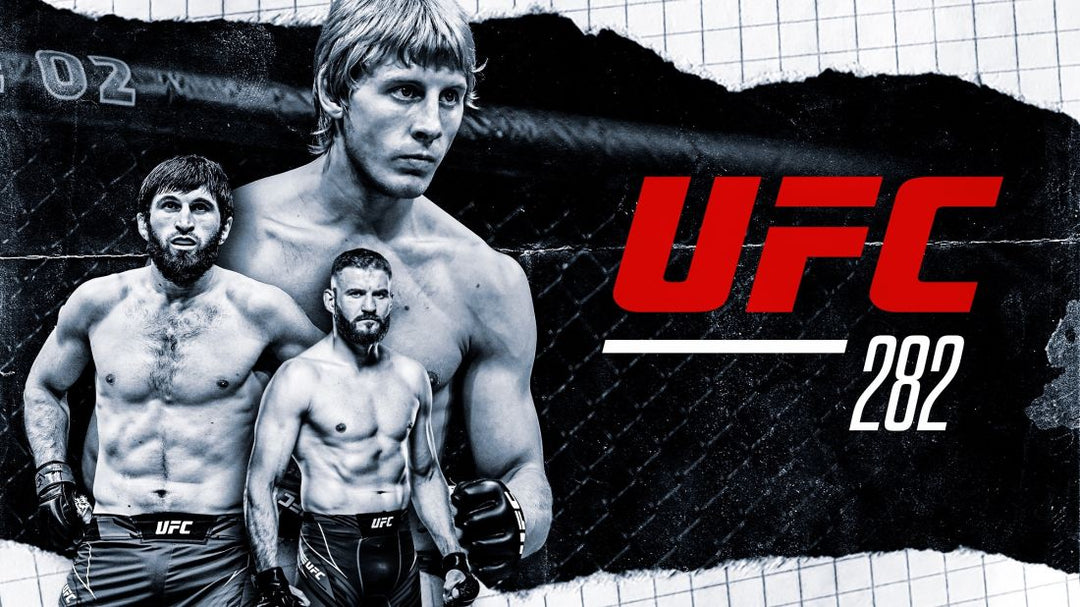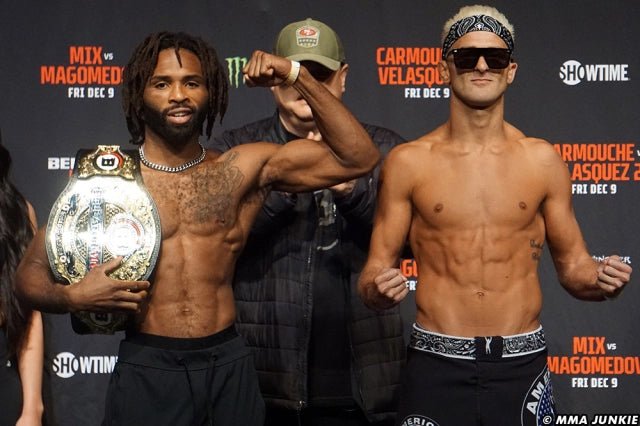
Marissa Ierna was two weeks away from graduating high school, enjoying her summer, and preparing for college. Her world stopped when she was informed that she had stage 4 alveolar rhabdomyosarcoma, a rare form of soft tissue cancer that had wrapped itself around the bones and nerves of her right leg. She was given a 30 percent chance of living, but Marissa didn't let that deter her from beating cancer and getting back to her passion of running.
We got to hear more from Marissa about her initial discovery of her tumor, her fight through chemotherapy, and how she got back to doing what she loves. Check out our interview below!
KC: You found out you had stage 4 cancer after a bug bite continuously swelled up. Looking back on it, do you remember anything else being off during what might have been stages 0-3?
MI: It was shortly after finding the bug bite that I began to feel sharp pains in my lower calf. I was an advent athlete, playing three sports in high school and running half marathons. Feeling pain in my calf on an easy four-mile training run was not normal, and that is when it really became a concern to my parents. Other than the pain, I never noticed the tennis ball size bump on my calf, but I very thankful that bug bit me that night.
KC: You received the news about your diagnosis just two weeks before your high school graduation. Were you able to enjoy any of what is supposed to be a celebratory time?
MI: The last two weeks of high school were a blur because I was no longer focused on college. It was one of the hardest times of my life. The day of my graduation is one I will never forget. On that day, any dream of living a normal life after finishing treatment was gone. A surgeon told me after they removed the tumor, I would walk with a limp forever, driving would be difficult because the tumor was in my right leg, and I was never going to run again.
Running was my passion, and those words alone were enough to destroy any hope and dream I had. After a three-hour meeting with a second oncologist, I chose to not go through with surgery, and it has been the best decision I ever made. After making that decision, I celebrated graduation with family and friends, and then it was time to start my new reality.
KC: You underwent 54 weeks of chemotherapy to treat and beat your cancer. How were you able to able to combat the mental and physical challenges that chemotherapy put you through?
MI: Fifty-four weeks of chemotherapy and six weeks of proton therapy radiation is not an easy thing to tackle mentally or physically. About thirty-two of those weeks were spent in the hospital for inpatient chemo. Over the summer and school breaks, I would watch my friends go on vacation while I was walking into the hospital room for five days. It was really difficult. Chemo made me sick and tired.
All I could do was sleep and relax my mind, and my body. I was weak physically, but not mentally. I knew that in order to become a survivor, I had to stay positive and turn my journey into something amazing. I did not let cancer define me, instead, I decided to define cancer.

KC: Before your diagnosis, you were an avid runner and took pride in taking care of your body. How difficult was it for you to not really be able to either of those things during your year with alveolar rhabdomyosarcoma?
MI: During the year I tackled cancer, physical activity was walking to and from the mailbox. That was the extent of how much I could do before losing my breath. When I had a month of radiation and less aggressive chemo, I was able to get out and run one mile... very slow... like 15 minutes slow. It was the best feeling in the world knowing that I could still do it. Other than that one time, my physical activity was at a minimum. It was hard for me to accept this is the way life would be like until I finished. I had gotten so far in training beforehand, but I knew I had to be stronger now in order to overcome this.
KC: Can you even put into words what it felt like to receive the news that you were cancer free?
MI: Hearing the words, you have cancer, was earth-shattering. You literally feel like your entire world stops and the only thing you feel is shock and tears. Scared was an understatement because I really was unsure what to feel. I did not know what to think, and my parents just hugged me as tears filled their eyes. The day I was told I had cancer will be one of those life-changing days you never forget, and really that is all you can say about it.
KC: Being the runner you are, you got right back to running and even ran in the 2017 Boston Marathon. How important was that run for you?
MI: Getting back into running started with building my strength back up. After finishing proton therapy radiation and chemo, my bones became weaker. The doctors told me running may not happen, and if it does, expect it to be no more than five miles. That right there is what drove me to get where I am today. I have since completed seven marathons, one being the 2017 Boston Marathon. While it took me almost three years to really get it back, I was determined to prove every doctor wrong who told me I couldn't. Running the Boston Marathon was one of the most significant things that will ever happen to me. When I crossed that finish line, I knew at that point that I had truly beaten the odds, and I truly was a survivor.
KC: What was one of the most important lessons that cancer taught you?
MI: The most important lesson cancer has taught me is to always fight for the win. No matter what fight you are fighting, you always fight for the win. The end result will be much better if you fight with everything you've got.
KC: What does Kill the Quit mean to you?
MI: To me, the motto Kill the Quit means to literally Kill the Quit. There is and should never be such a thing like quitting. If you quit, it means you have given up and giving up is not an option in my book. When you give up, it affects everything around you, but most importantly, it affects you.
Quitting means you don't believe in yourself, you don't think you can do it, or maybe that you're not good enough. That is why you have to Kill the Quit. If you kill the quit, then you can do anything you set your mind to, like beating cancer or running the Boston Marathon when you're told you can never do that.
